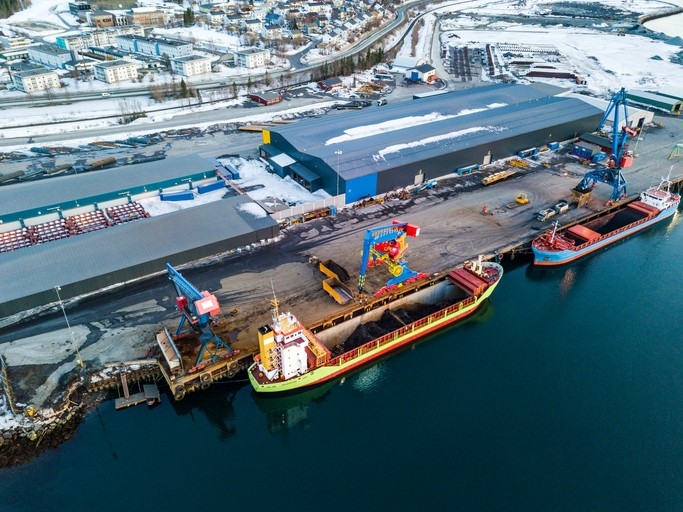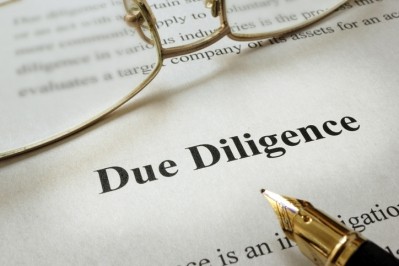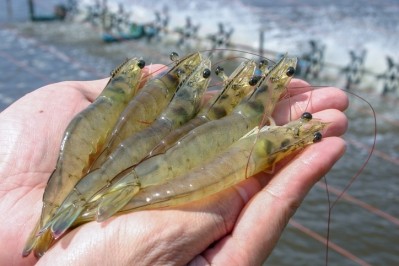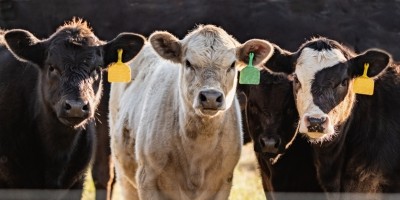Skretting and Cargill team up to reduce their environmental footprint in Norway

It is all about carrying out feed transport in more optimal way, reducing the need for parallel sailing, Leif Kjetil Skjæveland, a spokesperson for Skretting, told us.
“Often we see that there is a Cargill ship sailing directly behind a Skretting one; that is not a smart approach to logistics either in terms of the environment or in terms of efficiency.”
In Norway, sea transport is the most favorable method for carrying large volumes of cargo. Most factories are close to the sea and fish farms are located close to ports, he said.
With this cooperation we will increase the utilization rate of our fleets and significantly reduce our environmental footprint.
Fredrik Witte, MD, Cargill Aqua Nutrition, North Sea.
The EU Commission has encouraged companies to get involved in horizontal integration projects within a logistics framework. There have been some well-documented examples of such logistic synergy already, particularly in the fast moving consumer goods sector.
“For instance, in Europe, Pepsico is collaborating on transport with Nestlé, as they saw the need for optimization as well."
Third party to take over route planning
Skretting and Cargill, whose entry into Norway happened with the EWOS acquisition in 2015, selected shipping company, Eidsvaag, to be responsible for planning and handling of transport, including ships currently under contract.
“Eidsvaag will be the pool operator, so Skretting retains the seven ships it currently uses, and Cargill will keep the seven ships it also has in Norway but these 14 ships will now be in one pool. Eidsvaag will be the one planning the routes for all these vessels.”
In this way, both companies will remain compliant with the competition authorities:
"We do not have any contact with Cargill outside the framework that is set up by the independent third party, Tri-Vizor, the trustee that ensures we continue to operate independently from each other and avoid conflict with competition law; there is no competitive-sensitive information flowing between Skretting and Cargill. We determine our needs for transport and communicate that to the shipping company and Cargill does the same. Eidsvaag takes all that information and plans the route. This way we ensure there is a Chinese wall in place.”
He said Belgian company, Tri-Visor, consultants that have helped several companies, including Nestlé and Pepsico, to set up horizontal transportation cooperation projects, has established a system that will be operated by Eidsvaag to assure there are no anti-trust violations as a result of this logistics tie-up.
“It has been a really long process, and we had several specialized legal advisors on either side making sure this was possible. The contracts and the agreements have been put in place to show we can do this without violating any competition laws, but now all the technical due diligence to see how this is going to work on a practical level begins. If this due diligence process is a success, we hope to start this collaboration when we go into high season this summer.”
GHG emission reduction target
Skretting and Cargill forecast that the efficiency improvement generated by this transport project will reduce emission of greenhouse gases by one fifth per ton of fish feed shipped, and that will be equal to 15-20m kg of CO2 per year or equivalent to removing 7,500 cars from the roads annually.








